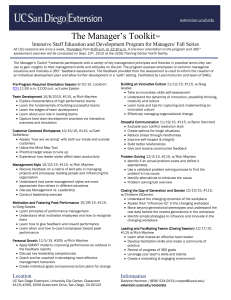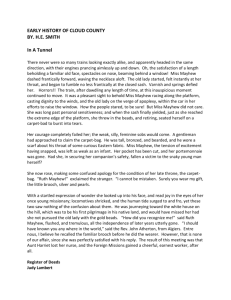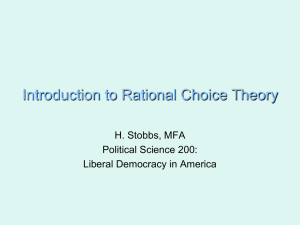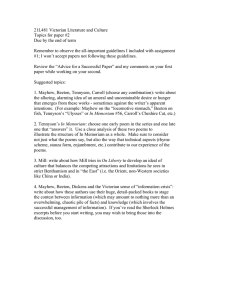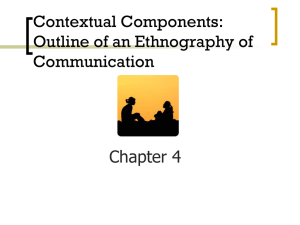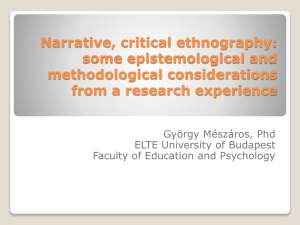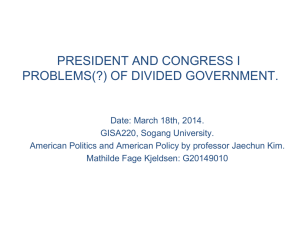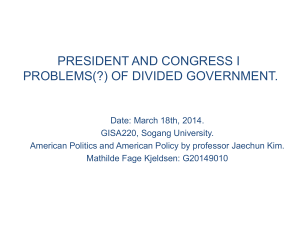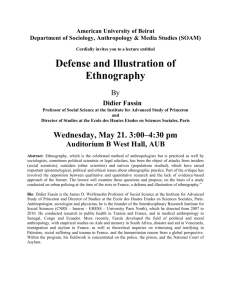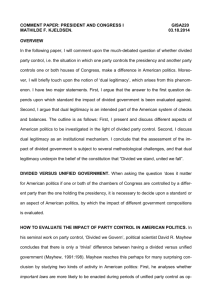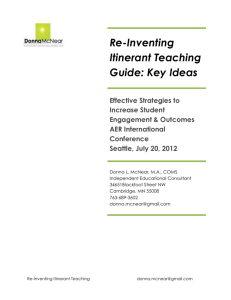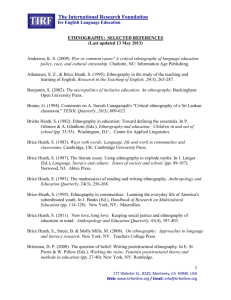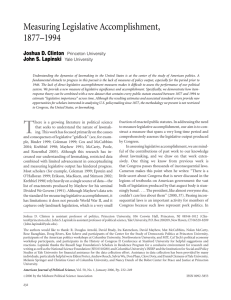TASA The Australian Sociological Association Applied Sociology
advertisement
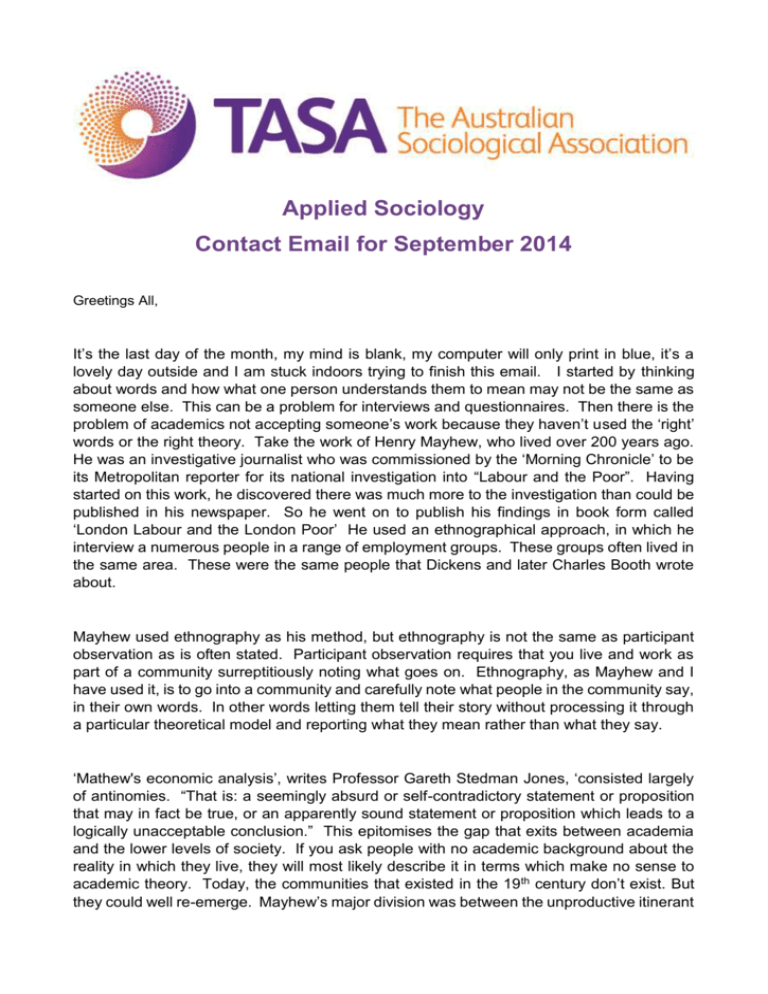
Applied Sociology Contact Email for September 2014 Greetings All, It’s the last day of the month, my mind is blank, my computer will only print in blue, it’s a lovely day outside and I am stuck indoors trying to finish this email. I started by thinking about words and how what one person understands them to mean may not be the same as someone else. This can be a problem for interviews and questionnaires. Then there is the problem of academics not accepting someone’s work because they haven’t used the ‘right’ words or the right theory. Take the work of Henry Mayhew, who lived over 200 years ago. He was an investigative journalist who was commissioned by the ‘Morning Chronicle’ to be its Metropolitan reporter for its national investigation into “Labour and the Poor”. Having started on this work, he discovered there was much more to the investigation than could be published in his newspaper. So he went on to publish his findings in book form called ‘London Labour and the London Poor’ He used an ethnographical approach, in which he interview a numerous people in a range of employment groups. These groups often lived in the same area. These were the same people that Dickens and later Charles Booth wrote about. Mayhew used ethnography as his method, but ethnography is not the same as participant observation as is often stated. Participant observation requires that you live and work as part of a community surreptitiously noting what goes on. Ethnography, as Mayhew and I have used it, is to go into a community and carefully note what people in the community say, in their own words. In other words letting them tell their story without processing it through a particular theoretical model and reporting what they mean rather than what they say. ‘Mathew's economic analysis’, writes Professor Gareth Stedman Jones, ‘consisted largely of antinomies. “That is: a seemingly absurd or self-contradictory statement or proposition that may in fact be true, or an apparently sound statement or proposition which leads to a logically unacceptable conclusion.” This epitomises the gap that exits between academia and the lower levels of society. If you ask people with no academic background about the reality in which they live, they will most likely describe it in terms which make no sense to academic theory. Today, the communities that existed in the 19th century don’t exist. But they could well re-emerge. Mayhew’s major division was between the unproductive itinerant population, and the stable and productive urban population. The urban population we understand but the itinerant population he identified has long gone from our experience. His description runs: “The nomadic poor are likened to primeval savages, who are ruled by brute passions and animal appetites, and live without structure and restraint. They are dangerous and depraved, restless and indulgent, improvident, licentious and lewd. These people, unknown to the census enumerators, supplied the recruits to the vagabond hordes that were said to be roaming the country.” Describing life as it really is, in its many forms, in the words of the people who live the life, is an important part of the sociological contribution. Alan Scott, Continuing Education Officer
